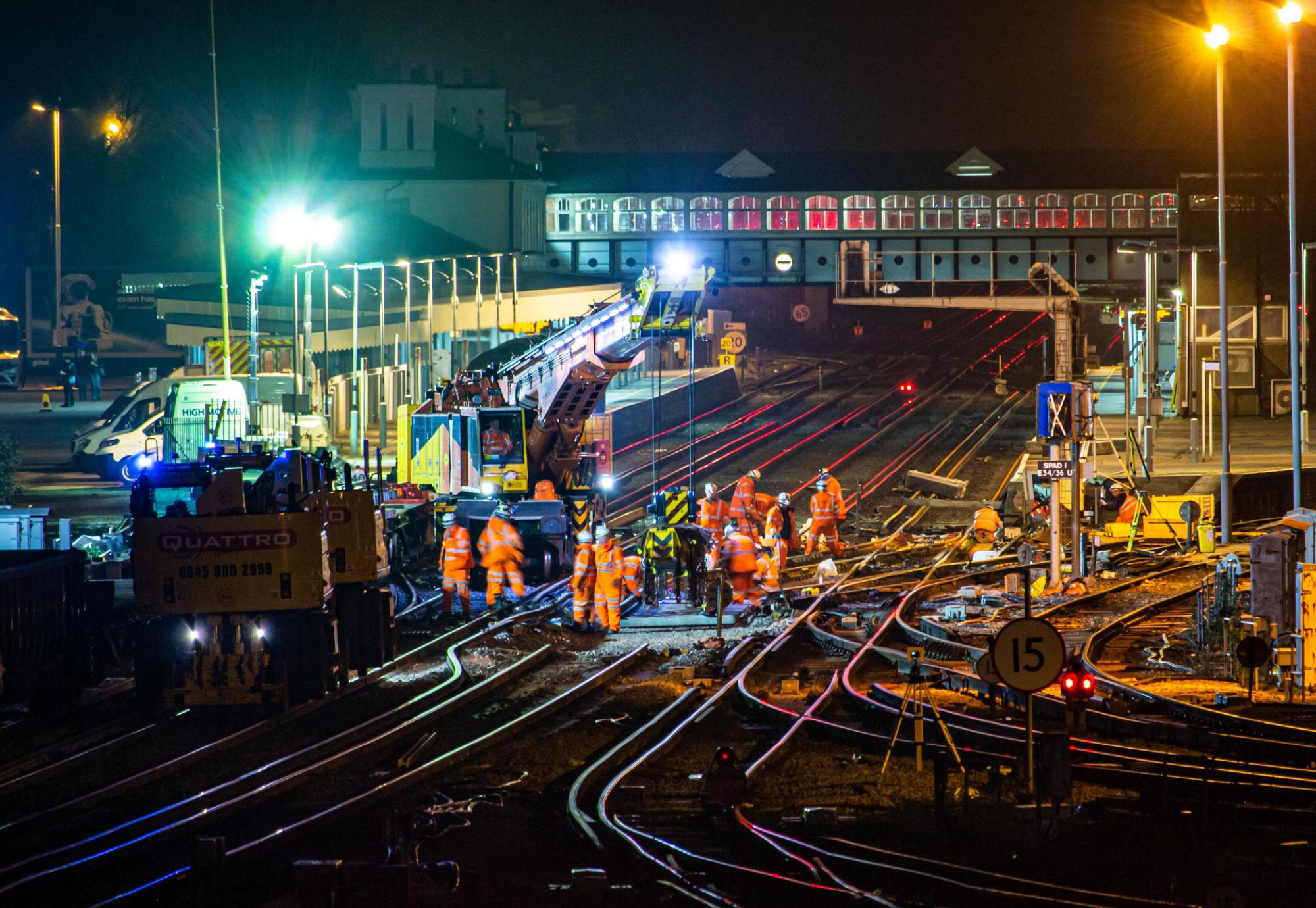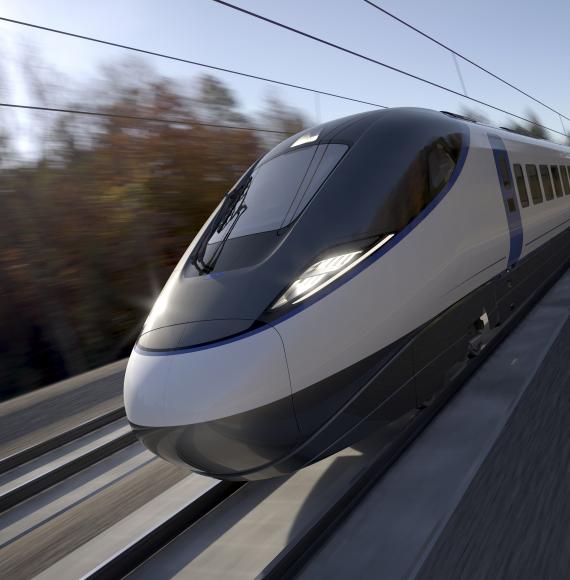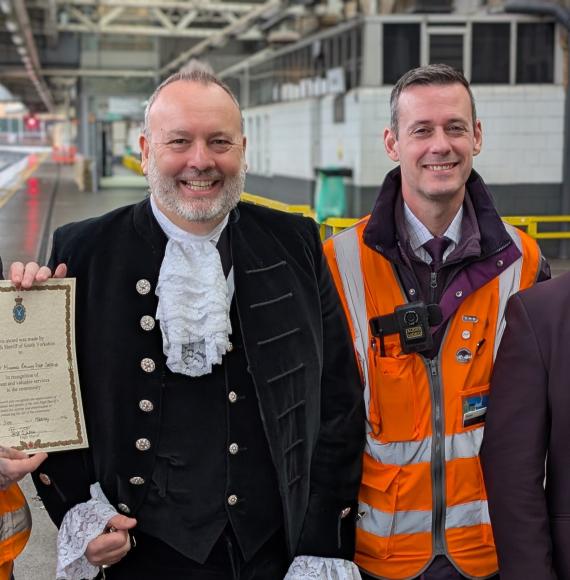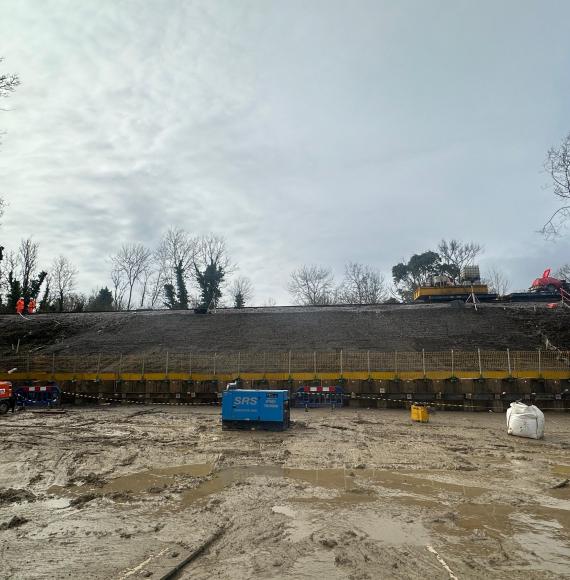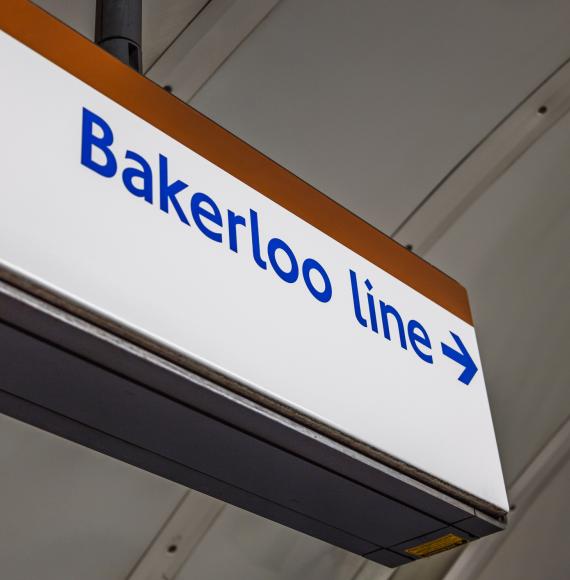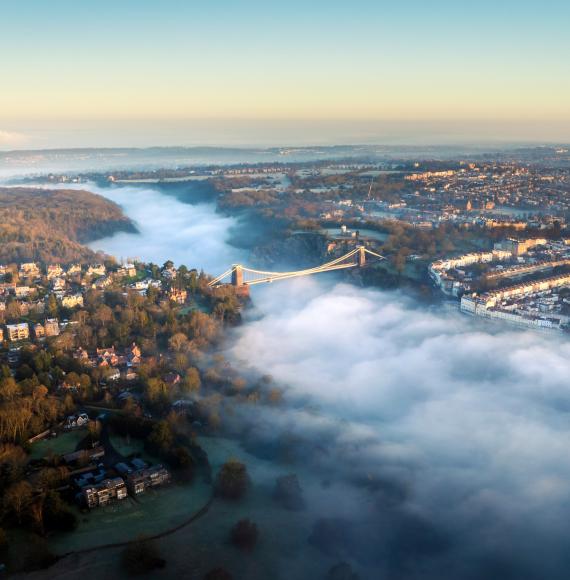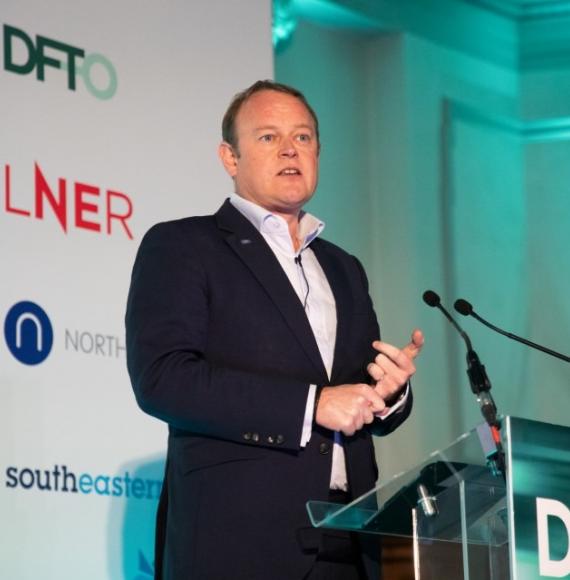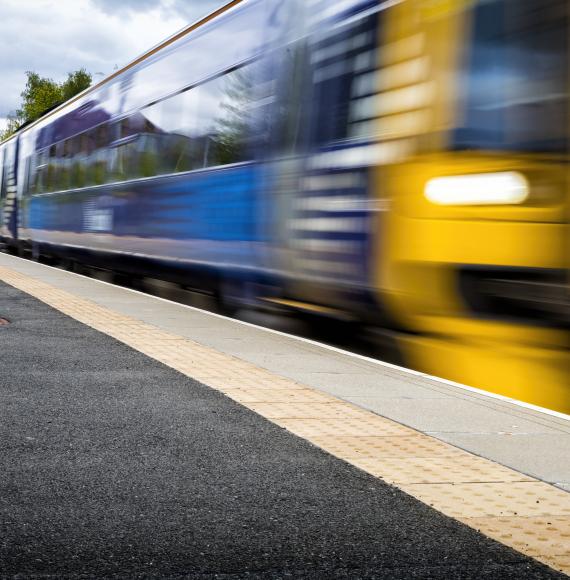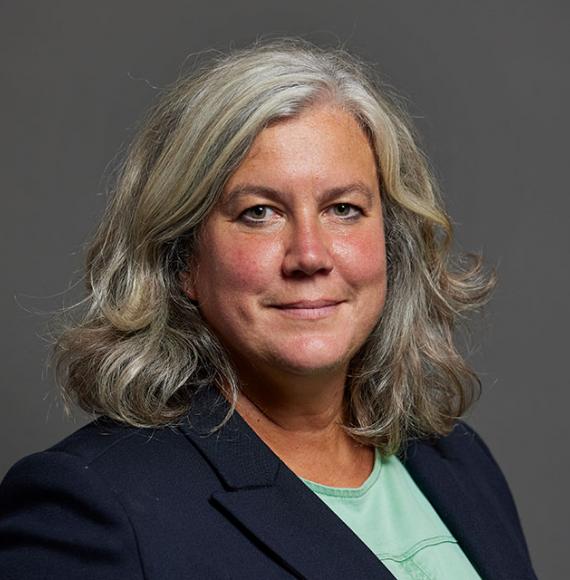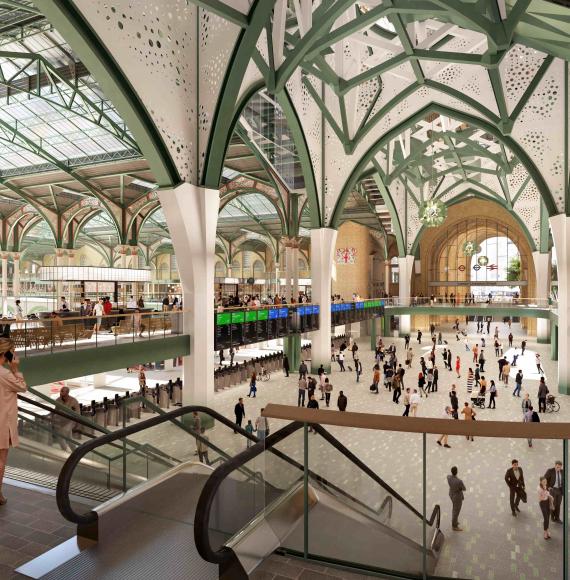James Dowle, PA Consulting’s Global Head of Rail, spoke to RTM’s Editorial Lead Ailsa Cowen, about embedding a culture of change, innovation and reshaping major projects.
The rail industry is at the precipice of change. Even before the Covid-19 pandemic, there was a need for different thinking in the sector. Now, it is even more critical, with challenges around passengers' new expectations and requirements, capacity issues, and economic shrinkage, all of which, will alter how rail is perceived and used.
Where would you say the rail industry needs to start in terms of embedding a culture of change and innovation?
The first thing we need to do is to use the pandemic and the resulting fall in ridership and funding as a catalyst for change. For as long as I’ve worked in the railway and infrastructure sectors, people have talked about doing things differently. Pockets have emerged, but we haven’t had a wholesale change, and perhaps that’s because there has been no overall driver to force the issue.
We’ve now got this huge catalyst for change: the world has shifted, we don’t have as many people on the railways, people start to wonder do they want to travel again? We’ve got to take this opportunity to change how things are done. Yet, the railway also has an incredible heritage and hasn’t always been keen to embrace change. There are people whose families have worked on the railway for generations. People are passionate about the railway. We need to harness this passion into an innovation journey into the future, whilst not forgetting the legacy of where we have come from.
There are numerous approaches that could be beneficial in embedding a culture of change. One is that we’ve got to communicate why we want to, and have to change, the second is the message that it’s ok to change. We’re not going to harm the culture; it’s not going to impact safety. Part of the challenge is also to implement change safely. The third piece of it is to get new ideas and new thinking into the industry, which takes different people and that’s a lot to do with inclusion and diversity. We need different skills, viewpoints and experiences.
As I’m sure you’re aware, a lot of projects have been stopped and started during the pandemic. So, how can programme delivery be transformed to be more innovative and agile?
We need to think about projects and programmes differently. Even going so far as to question whether mega projects are viable?
So up until now, you look at the big undertakings, such as Crossrail and HS2. Historically they all slip in schedule and cost, so I think the first question we need to ask is should they exist in the form they do? We need to design these major undertakings differently. They need to be scalable, there needs to be smaller elements that we can progressively release benefits from, that will allow us to progress at pace and rapidly learn and improve for future phases.
We also have to acknowledge that programmes have changed, particularly large ones. They’ve got strong system elements and that’s where some major programmes have struggled. Crossrail, particularly highlights the issue of system integration. I would argue that the majority of big programmes now all have large elements of IT. That changes them from a civil or structural led programme, to being much more about systems and it’s vital we understand this and take this approach from inception.
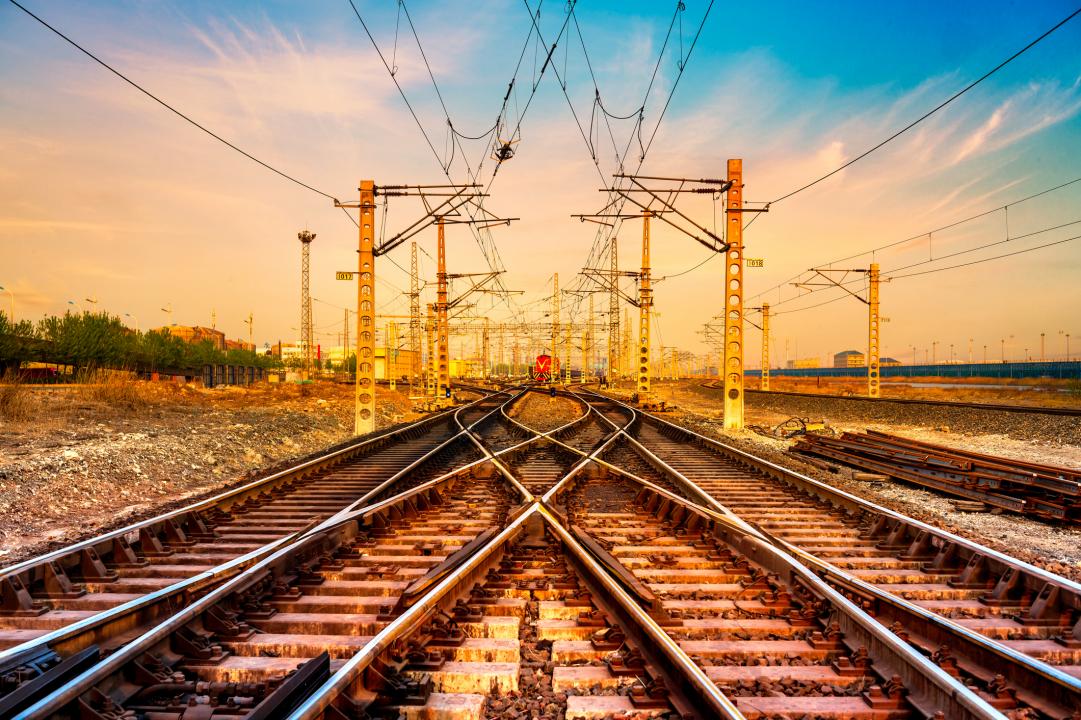
Over the past 12 months, programmes and projects have stopped but should they be re-started. We need to review those stopped, and we need to be brave enough to kill the ones that aren’t going to deliver the benefits we need. We need to be a lot bolder in saying, actually this is no longer going to deliver the benefit, let’s stop this and go and spend the money where it should be spent. And how it should be spent becomes interesting because you start to talk about what is a ‘right’ project to do? Is there a new set of success factors post Covid? How does social value and sustainability measure against pure economic return?
Diversity has been and is still a huge topic and issue surrounding the rail industry. How does diversity breed innovation and resilience would you say?
If we look at what it means to be resilient, it is to be able to resist shock. In order to achieve this in an enduring manner you need different views, experiences and skills. In short, diversity. If you have a group of people and they all operate in the same way, with the same belief system, then something will easily shock them and cause disruption.
It’s a fundamental truth that change is always hard, but it’s been shown that some people can deal with uncertainty and ambiguity better than others. It’s having this diverse set of world views that allow you to tackle any challenge that is thrown at a project or programme.
One concept that I do think is important is one that is discussed by Nicholas Taleb, that of antifragility. If resilience is to resist shock, antifragility is the idea of becoming stronger through it. I think that’s where innovation comes in – seizing the opportunity presented by changing circumstance. It takes a varied range of skills to be able to do it though. If you truly want to find the best solutions for tackling challenges, it’s around different view-points, and wide bases of experience and skills.
Everyone in the industry is always keen to talk about the future but we’re being presented with a lot of challenges right now. What would you say they are?
In the simplest sense the question is what the mandate for the railway is. Why does it exist? What service should it provide? Even without the pandemic, there was economic shrinkage which naturally causes a decline in ridership. There’s a change in the need to travel, and there’s also a perception issue of whether it is safe to be on trains?
The next big question is, how it should run? How do you run it to get the best value for passengers and taxpayers? Potentially, post the Williams Review, some of that will start to be answered, but there are some challenging elements including what should ticketing look like? How should rail exist in a multimodal environment?
If we’re to recover fully from the pandemic as an industry, we’re going to have to act soon and make changes. What can we do, in your opinion, to make sure those changes stick?
Once we have communicated the case for change, we need to actively design the change. It’s important that we don’t stumble into it. We have to consciously undertake a systems level approach, that brings in all the different parts, focusing on the end user and how we want this system to work.
The government’s in an interesting time right now. With the Operators of Last Resort, a series of whitepapers coming out and the end of franchises. We start to see an ability to mandate change and a whole new vision for the sector. We’ve got to talk of different methods of building back greener, more sustainably and working with the community.
If we bring all that together, coupled with diverse thinking, we can emerge from the pandemic fit for a better future.

